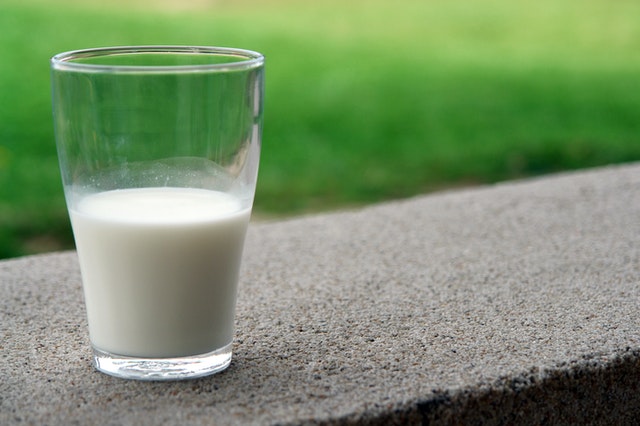When babies are born, they have to feed just like other people to fuel their bodies. But their kind of meal is usually breastmilk or other. In case breastmilk is unavailable or not enough, the babies are put on dairy formula.
If you are planning to feed your child this as soon as they are born, there are several things you need to know. The product comes in various types to suit different needs. Knowing about these variations helps you in making better decisions for your baby.
What is the dairy formula?
This feed has several terms, including; milk, baby, or infant variants. Dairy formula means it is obtained from cow, goat, or sheep’s milk. The milk undergoes a variety of methods to fortify and make it suitable for the consumption of babies.
During the production of this, several nutrients, mainly vitamins, and minerals, are added to boost the baby’s growth and development. It is then powdered or packed in ready-to-feed cartons. Other additives like vegetable oils ensure the product is packed with sufficient nutrients to help your baby grow.
Types of dairy formulas

· First infant
This is the first milk fed to the baby as soon as they are born. Breastmilk is essential for the baby’s growth. However, when breastmilk is unavailable, infant mix is the best alternative. First infant is just as the name suggests, the first feed you give to your baby as an infant.
Milk products comprises two protein variants- whey and casein. First infant is packed with whey protein as it is easier for newborns to digest. You can use this type of product until the baby is one year. However, you should maintain this during the first six months of the baby’s life until you introduce solid meals.
· Goat’s Milk
Surprisingly, many people don’t know goat’s milk is also the main ingredient for other types of dairy formula. Just as cow’s milk, goat’s milk meets the production standards of baby product. Several nutrients are added to the milk to ensure the proper growth and development of the baby.
Most goat milk comes in powdered form, packed in air-tight containers, and sold in shops and pharmacies. Unlike cow’s milk, goat milk rarely causes allergies in babies. However, goat milk shouldn’t substitute cow milk if the child is allergic to it. This is because the two comprise similar proteins.
· Hungry baby milk
As mentioned, cow milk contains whey and casein as protein variants. Hungry baby milk is a dairy formula with more casein than whey. Casein is difficult for babies to digest. But, if they get hungry fast, it is the best product to feed.
· Anti-reflux mix
Some babies bring up milk after or during feeds. This mainly happens even after burping the babies. In this case, using the anti-reflux is the best option. The product is made thick to prevent reflux in infants.
This product is prepared with special guidelines to achieve its standards. Some instruct making it at low temperatures to prevent lumps.
· Comfort mix
Comfort formula uses partially hydrolyzed proteins in cow’s milk. It ensures it is easier to digest and prevents digestive conditions like constipation and colic. It is worth noting that partly broken down dairy formula is not ideal for babies allergic to cow’s milk.
· Follow-on
Once your baby reaches six months, you can switch to a follow-on product. However, it is ideal to stay on infant or the rest of the products above. It is because follow-on products contain no special benefits for the baby.
Conclusion
Knowing the different types of dairy formulas available, it becomes easier to choose.
